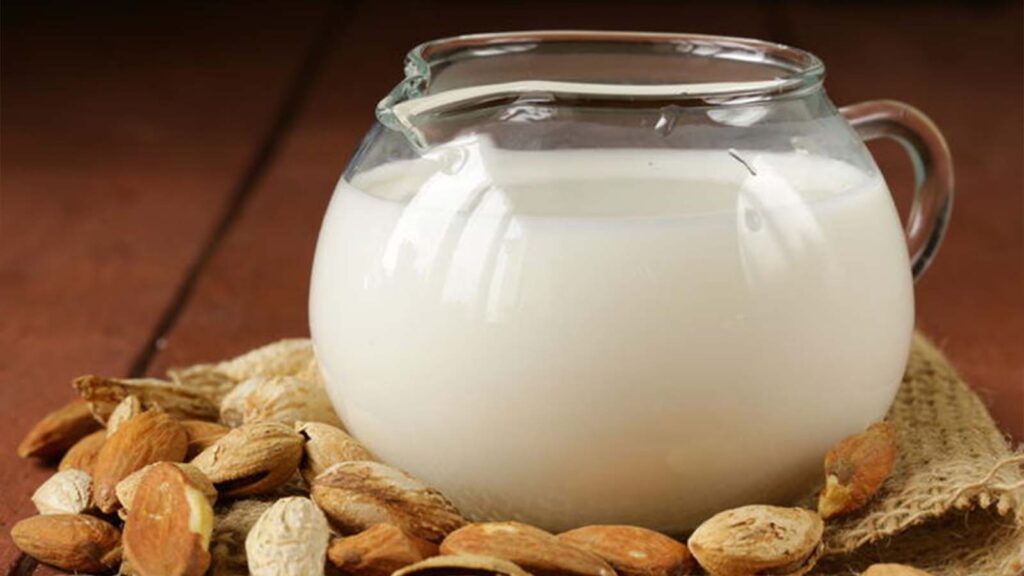Building and maintaining healthy bones is important throughout life, from youth to old age. While osteoporosis carries the risk of serious complications, there are many simple steps you can take to build and maintain strong bones no matter what your age.
Practice Weight Bearing Exercise
Weight bearing exercise is one of the best ways to both build and maintain bone density. Exercising during youth helps build strong bones that will last a lifetime. It’s never too late to start exercising. Research has shown that even after the onset of osteoporosis, weight bearing exercise can help rebuild bone density and maintain further bone loss.
Yoga asanas are one of the best ways to improve bone density without risking damage to tendons and ligaments. A study on yoga asanas and bone density found that not only did the practice of yoga stop bone loss, it actually helped increase bone density. Other helpful forms of exercise include walking, strength training, and hiking. Just remember, if you already have osteoporosis your bones are at an increased risk for fracture, so you’ll want to be extra cautious and avoid activities where there is a significant risk of falling.
Nourish Your Bones
Good nutrition goes a long way in building healthy bones. Eating foods rich in calcium and other minerals provide your bones with the nutrients they need to stay strong. Calcium-rich foods like dairy products, nuts, legumes, and leafy greens are all beneficial. And don’t forget the magnesium—many people are deficient in magnesium but it is as important as calcium for maintaining strong bones.
In addition to a whole-food, plant-based diet, magnesium supplements can be used help correct deficiency. Magnesium citrate is a form that is easier to absorb; doses of 400 mg per day are recommended. Calcium supplements may also be helpful for those who avoid dairy or who are lactose intolerant. Calcium and magnesium supplements are best taken in divided doses over the day to enhance absorption.
Vitamin D is also important for strong and healthy bones. While getting plenty of sunlight helps the body to produce vitamin D, sometimes we don’t get enough direct sunlight to produce sufficient amounts—especially in the colder months. In these cases, a D3 supplement of 1000 IU per day is often recommended.
Avoid the Bone Don’ts
What you avoid is just as important as what you do for protecting your bones. Avoiding alcohol, soda, and tobacco are all important—each of these substances can trigger bone loss. Excessive caffeine is another risk factor, along with living a sedentary lifestyle. It’s also recommended to avoid frequent dieting to preserve bone health.
Know Your Risks
Women are at greater risk than men for bone loss, particularly after menopause. However, men can also suffer from osteoporosis, especially at an advanced age. Heredity plays an important role in risk as well. Having a small frame and low body weight are also considered risk factors for bone loss.
Certain medical conditions can also place you at an increased risk, such as long term use of steroids, gastrointestinal surgery, surgical removal of ovaries, and use of certain medications. If you have a serious medical condition or take medications, talk to your doctor to know if you are at an increased risk for osteoporosis.



